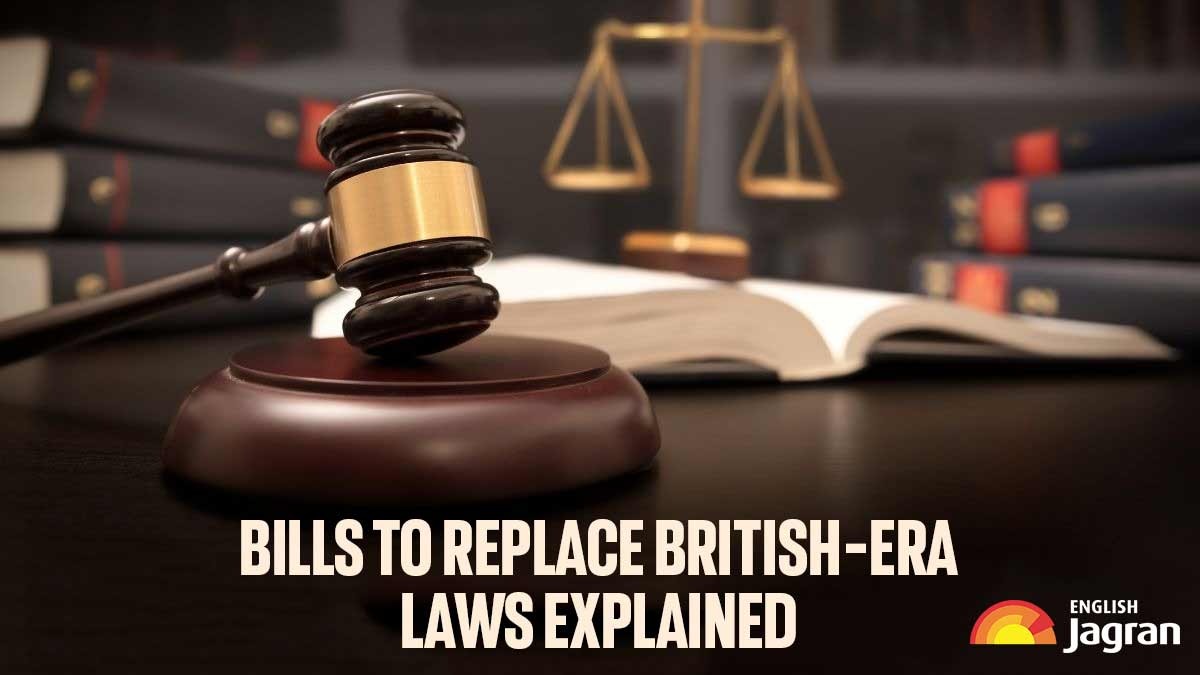
Image Source: jagran.com
Introduction: The presence of archaic British-era laws in India's legal framework has been a topic of concern and discussion for several years. These laws were introduced during the colonial rule and many are considered obsolete, inadequate, or incompatible with modern societal values.
Background of British-Era Laws
The British Raj in India introduced various laws to govern the country, primarily to serve their colonial interests. These laws encompassed criminal, civil, and administrative aspects, many of which still exist despite the passage of time.
Challenges Posed by Outdated Laws
1. Lack of relevance to contemporary society: Many laws enacted centuries ago are no longer in sync with the current social, cultural, and technological advancements.
2. Inadequate provisions: Several laws lack provisions for addressing modern crimes, technological offenses, and emerging societal issues.
3. Ambiguity and loopholes: Outdated laws often contain ambiguous language or loopholes that can be misinterpreted or misused.
Efforts for Legislative Overhaul
Over the years, there have been initiatives to revise and replace these outdated laws:
- Formation of expert committees to review existing laws.
- Proposals for new legislation to replace archaic laws.
- Public consultations and stakeholder engagement for inputs.
- Efforts to align laws with constitutional principles and international standards.
Significance of Replacing Outdated Laws
The replacement of British-era laws with modern, relevant legislation holds immense importance:
- Promotion of justice and fairness in the legal system.
- Protection of individual rights and liberties.
- Enhancement of India's legal framework in line with global standards.
- Encouragement of socio-economic development and innovation.
Conclusion
In conclusion, the overhaul of outdated British-era criminal laws is crucial for India's legal system to evolve and cater to the needs of its citizens in the 21st century. Efforts to replace these laws should continue through comprehensive legislative reforms, ensuring justice, equity, and adaptability in the ever-changing societal landscape.